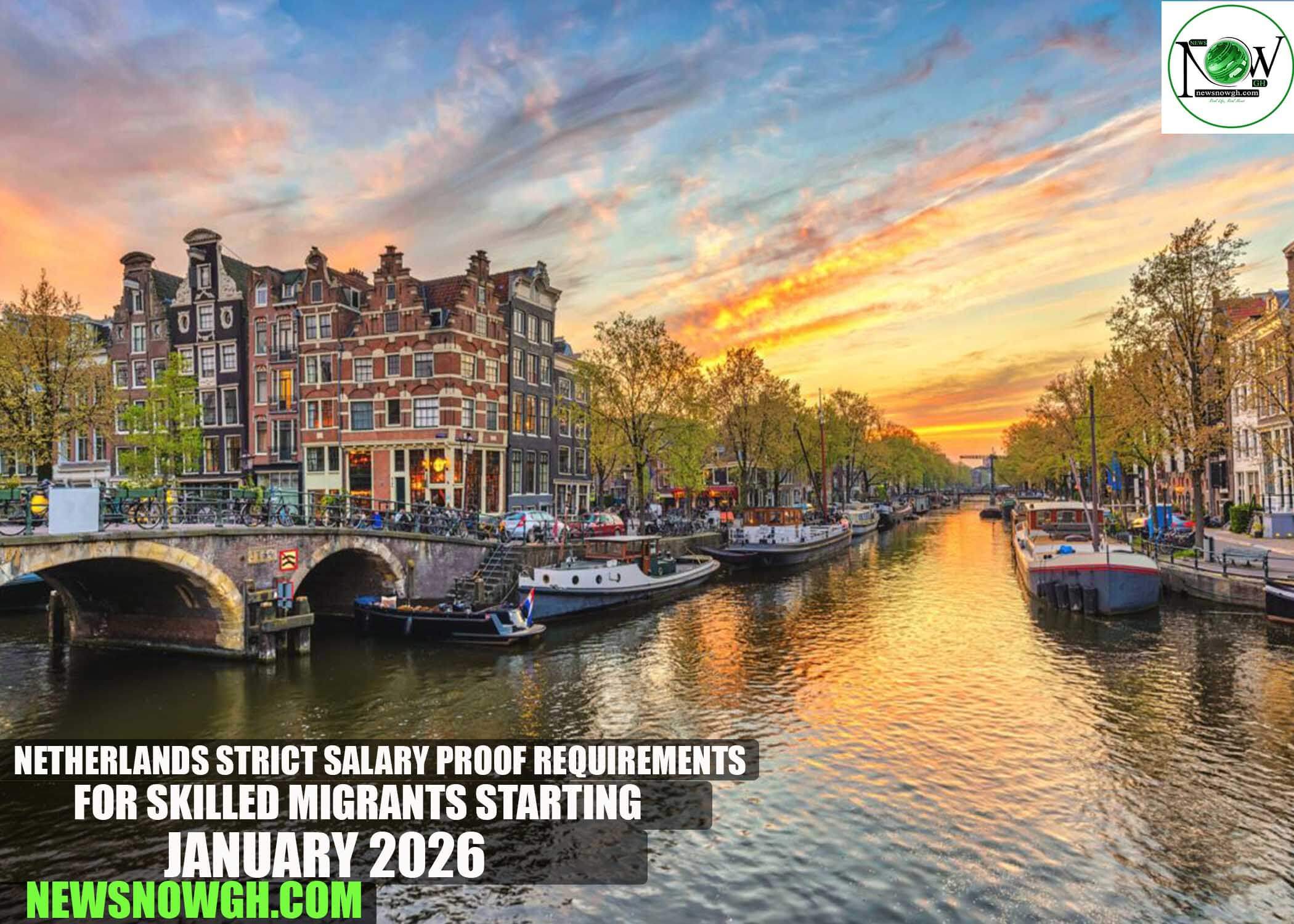Netherlands Strict Salary Proof Requirements for Skilled Migrants Starting January 2026
Beginning January 1, 2026, the Netherlands will introduce stricter salary verification requirements for employers hiring highly skilled migrants and EU Blue Card holders. This initiative aims to ensure that salaries are genuinely paid, moving beyond simple payslips.
Changes to Salary Verification Process
Current regulations allow employers to demonstrate salary payment only with payslips. Under the new rules, recognized sponsors must provide concrete proof that the employee actually received their salary. Acceptable forms of evidence include:
- Bank statements from the company’s business account showing salary transactions.
- Summaries of monthly salary payments.
- Any other documents confirming that the employee received their salary.
The Dutch Immigration and Naturalisation Service (IND) is implementing this change to ensure that highly skilled migrants receive the salaries promised in their contracts. This shift aims to enhance compliance and protect workers’ rights.
Importance of the Change
This new requirement strengthens the Dutch system for skilled migration. Reports have indicated that some companies provided payslips without fully paying employees, undermining the system’s credibility and the rights of workers.
For employers, these changes mean increased administrative responsibilities. Payroll departments must adjust their documentation practices to include proof of salary transfers, which may require upgrading internal record-keeping systems.
What Employers Should Do to Prepare
Companies planning to hire skilled migrants need to take proactive steps. Here’s how to get ready:
- Audit Payroll Systems: Review current records to verify that salary transfers are clearly documented.
- Update Procedures: Train HR and payroll teams on how to collect and store the required documentation.
- Coordinate with Banks: Work with your financial department to obtain clear payment statements when needed.
- Review Employment Contracts: Ensure that contracts specify payment terms in line with IND regulations.
Failure to comply with these new requirements could result in penalties or suspension of recognition as a sponsor, limiting a company’s ability to hire international talent in the future.
Conclusion
From January 2026, employers in the Netherlands will need more than just payslips to verify salaries for skilled migrants. They must provide documentation proving that salaries were actually deposited into the employees’ personal accounts. While this change might appear minor, it has significant compliance ramifications.
For businesses that depend on global talent, now is the crucial time to enhance payroll controls and ensure adherence to the new immigration standards. Preparing now will pave the way for a smoother transition once the regulations take effect.
READ MORE
- Sri Lanka Relaxes Entry Regulations: Travelers Can Now Obtain ETA Upon Arrival
- Kuwait Replaces Border Fingerprinting with Mandatory Pre-Travel Biometric Registration
- China Introduces Digital Arrival Card and Broadens Visa-Free Transit Access
- China Extends Visa-Free Entry for 46 Countries Until 2026, Welcomes Sweden to the List
- Saudi Arabia Updates Health Insurance Regulations for Temporary Work Visa Holders
- U.S. Updates Visa Policy: Health and Financial Status to Play Bigger Role in Approvals









